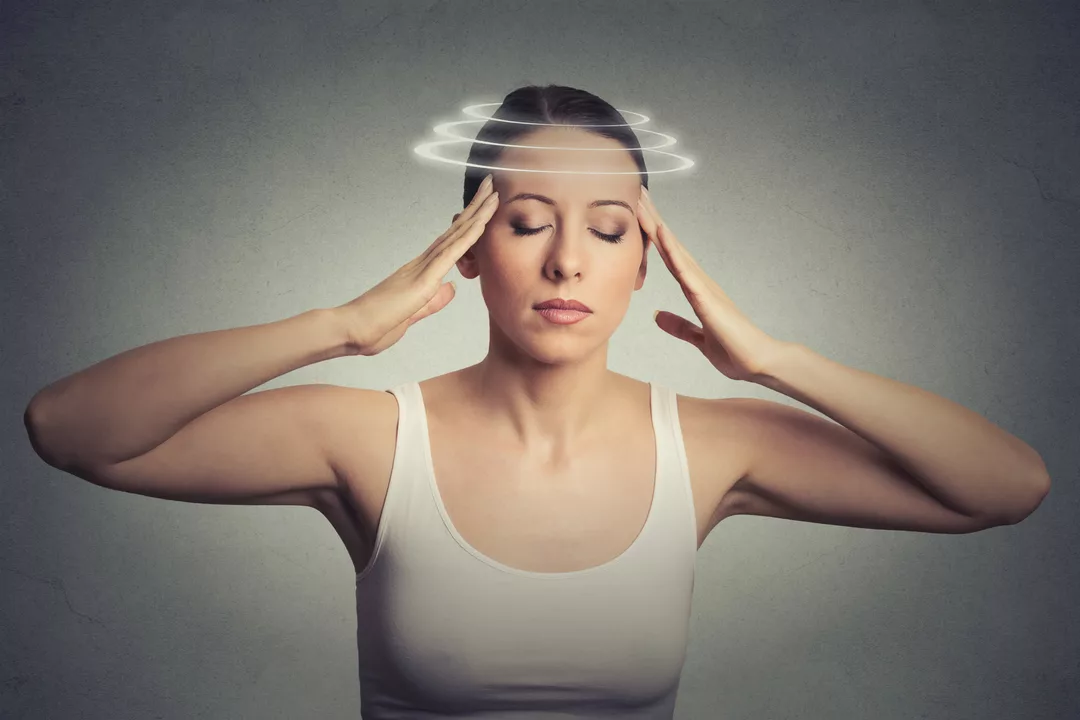Dizziness: what it feels like, why it happens, and what to do now
Dizziness can mean different things: a spinning sensation (vertigo), feeling faint or lightheaded, or unsteady on your feet. The first useful step is to identify which one you have—each type points to different causes and fixes.
Common causes you can check at home
Start with the simple stuff. Dehydration and low blood sugar are easy causes: if you haven’t had enough fluids or you’re overdue for a snack, drink water and eat a quick carbohydrate (a banana or toast). Low blood pressure when you stand up—orthostatic hypotension—causes lightheadedness; try moving slowly from lying to sitting to standing.
Inner ear problems cause vertigo. Benign paroxysmal positional vertigo (BPPV) gives short bursts of spinning when you turn your head or roll over in bed. Viral inflammation of the inner ear (vestibular neuritis) makes you dizzy for days. Heart issues (arrhythmias) and anemia also cause lightheadedness. And don’t forget meds—blood pressure drugs like amlodipine, diuretics (e.g., furosemide), benzodiazepines like diazepam, and some antibiotics can cause dizziness as a side effect.
Quick, practical actions to try right away
If you feel dizzy now: sit or lie down immediately and avoid sudden head moves. If you suspect low blood sugar, eat something with carbs. If you think dehydration is the problem, drink 1–2 glasses of water and rest.
For likely BPPV, try the Epley maneuver (one common, useful version): sit on the bed, turn your head 45° to the affected side, lie back quickly so your head hangs slightly off the edge, wait 30–60 seconds, turn your head 90° the other way, roll onto your side, then sit up slowly. If this makes you much better, BPPV is likely. If it makes symptoms worse or you’re unsure, stop and see a clinician.
Avoid driving or operating machinery until you’re steady. Don’t mix alcohol with meds that cause dizziness, and review recent medication changes with your pharmacist or doctor.
When to seek emergency care: fainting, chest pain, severe or sudden headache, slurred speech, double vision, weakness or numbness, or new confusion. Those signs need urgent evaluation.
See your primary care doctor or an ENT if dizziness is recurrent, lasts more than a few days, gets worse, or follows a head injury. Your clinician may do an orthostatic blood pressure check, ECG, blood tests (glucose, hemoglobin), a Dix–Hallpike test for BPPV, or refer you for vestibular rehab or imaging.
Want more detail about meds and dizziness? Read our posts on Hydrea side effects, the amlodipine heart recovery guide, and safety notes about diazepam and diuretics. Those articles explain which drugs commonly cause balance problems and what to watch for.
If dizziness is bothering your daily life, don’t ignore it. A short check at home often helps, but persistent or severe symptoms deserve a professional look to rule out heart, neurological, or inner-ear problems.

The science behind dizziness and motion sickness: A closer look
In my latest blog post, I took a closer look at the science behind dizziness and motion sickness. It turns out that these uncomfortable sensations are primarily caused by conflicting signals between our inner ear, eyes, and brain. Our inner ear helps us maintain balance, but when we experience motion or a change in position, it can send mixed signals to our brain. This can result in dizziness, nausea, and even vomiting. So, the next time you're feeling dizzy, remember that your body is simply trying to make sense of the world around you!
Read More